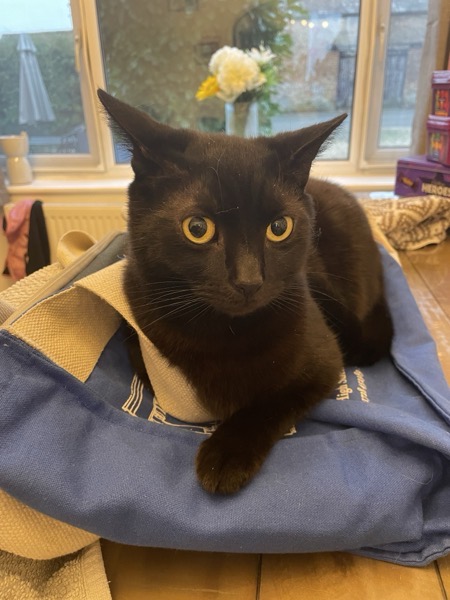Get posts sent to your inbox:
Government IT project disasters are by no means a thing of the past:
The PAC’s latest report reveals that NS&I has spent an estimated £111 million on the programme by March 2024, yet it remains unclear how much has been spent in total or what the final cost will be. Despite five years of development, NS&I still has no agreed integrated plan, and a draft produced in late 2025 suggested the programme would not be completed before March 2028, later than originally planned. The PAC has expressed concern that NS&I’s attempts to compress the timeline further may not be realistic.


